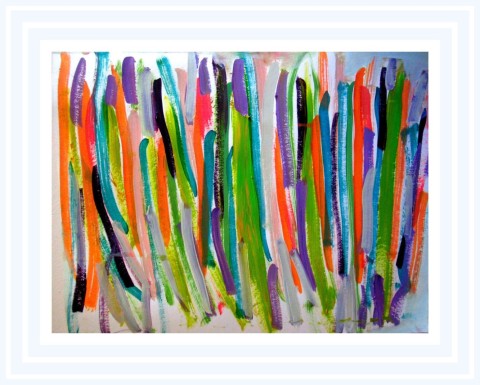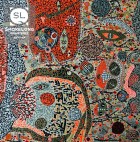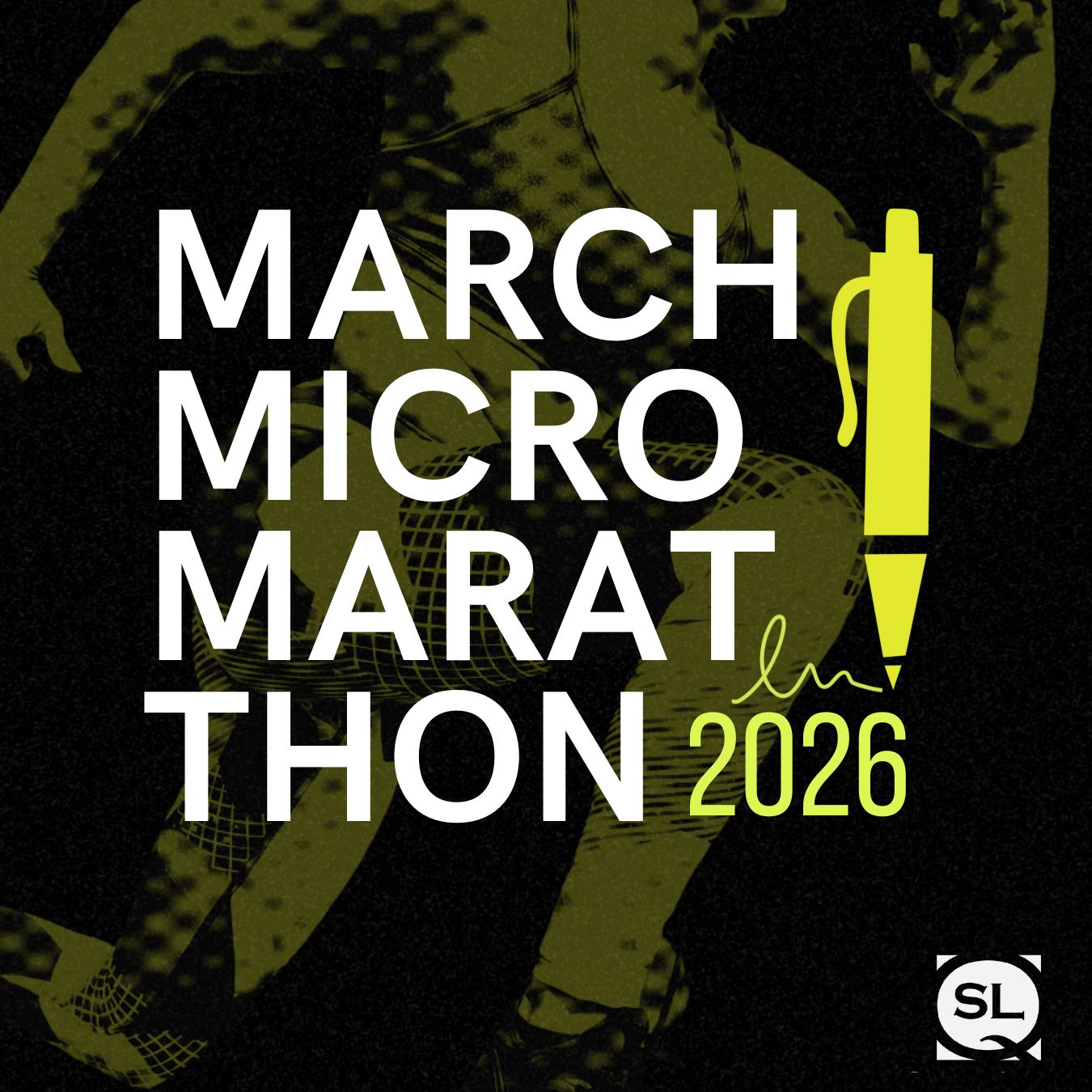She sees me in the stacks, putting a book back, even though the signs clearly say to let the librarians do the reshelving. I know exactly where this book belongs, as well as the others under my arm, all in this same aisle. It makes me feel good, to put things in order, to think I might be easing the workload of an actual librarian.
Maybe she approaches me because I’m wearing my pinstriped pants and my professional shirt with my work nametag pinned to the shoulder. I only wear it when I give seminars; otherwise I wear my lanyard. But no matter, she sees me, assumes I know where all the books are, and I do. I show her what she’s looking for. It’s in the 300s, social sciences: Dangerous Love, 306.872. I lead her to the title, which sounds like a memoir or maybe a psychological thriller, but we both know it is neither. The title itself provides a sort of cover. She follows behind rather than walking beside, though in her defense, the aisles are slim. I know this section well, and it isn’t usually frequented by the subject matter. People tend to write about intimate partner violence only after they themselves have been distanced from it; those who are victimized don’t tend to flock to the literature, not while they are entrenched in the cycle. Cycle sounds cliché, like something we learn about in Soc. 100. But there is a cycle, it’s rage, beat, repeat. She’s got the requisite wide eyes warily watching everything, darting from corner to corner, the sunken clavicle, shoulders coming forward in protection of the heart, the tight grip on her bag as if someone might take it and use it against her. The clear, soft, indoor skin of her face, the long sleeves and jeans, not shorts, even though she walked from the houses behind the library through the marshy ground in this 105-degree real-feel. It’s the humidity, not the heat, is what everyone says in West Michigan. She’s a survivor, not a victim, according to the current terminology. Except we don’t know if she’ll continue to be a survivor, do we?
Maybe she approaches me because she can intuit my understanding, my knowledge of how hard it is to leave, to start over alone somewhere else, somewhere far enough that he can’t find me. Her. That he can’t find her. Because statistically, it’s a he. Statistically, he hits her, though it could be anyone of any gender who hits her. We aren’t to rule out options by way of assumption. We aren’t to rule out options, but it is always the abused that must make the change. We expect the abused to leave. But, why isn’t he the one who has to leave? Why isn’t he the one to be questioned, blamed, mistrusted?
Thank you, she says, gripping the book, and the next week, she finds me again, in the travel section. She’s wearing the same jeans, a little baggy around the hips, and a plaid shirt, similar to the first one. Could you help? she asks. And we go, this time to the 100s, and the library doesn’t have the exact title she wants but in the same section there’s another book about immigration law, and she seems happy with that one, too. Thank you, Julia, she says, reading my nametag. Seminar day. You’re welcome—I say, with an expectant pause for her to fill with her name, but she bobs her head, a slight smile that could mean anything. She’s hiding everything.
I understand. I’m good at hiding, too. I’m good at cover-up, at finding the right skin-tone match, at dabbing with a velvety sponge. I used to do makeup for the local theatre troupe. Pan-cake. White dots in the inner corners of the eyes. Rimmed eyes with black kohl. Detracting from discolorations. A useful skill.
The next week we find a book in the 253 section, pastoral theology, and the week after that we’re in the 306 aisle again.
I’m sure, now, that she needs me to save her, to help her leave the scum that imprisons her. I could help her. We could help each other. Save each other, maybe. I continue being who she expects me to be, doing what she expects me to do, which is wear my nametag. Show up. Every day now, I’m in the stacks, 300s, 400s. Reading standing up with gaze flitting on each passerby. At the ready.

Notes from Guest Reader Nicole Rivas
This is a finely tuned story that navigates the issue of intimate partner violence quite skillfully. Beautiful, precise, vital.


 In its third year, The March Micro Marathon will be, as usual, a prompt-a-day whirlwind for 24 days. You’ll exchange drafts of micro fiction, non-fiction, and prose poetry in small groups and gather for a series of online events (all recorded for participants unable to attend live). We’ll finish with 3 competitions, and participants who are not already in SmokeLong Fitness will be invited to workshop with SmokeLong Fitness until the end of April!
In its third year, The March Micro Marathon will be, as usual, a prompt-a-day whirlwind for 24 days. You’ll exchange drafts of micro fiction, non-fiction, and prose poetry in small groups and gather for a series of online events (all recorded for participants unable to attend live). We’ll finish with 3 competitions, and participants who are not already in SmokeLong Fitness will be invited to workshop with SmokeLong Fitness until the end of April!